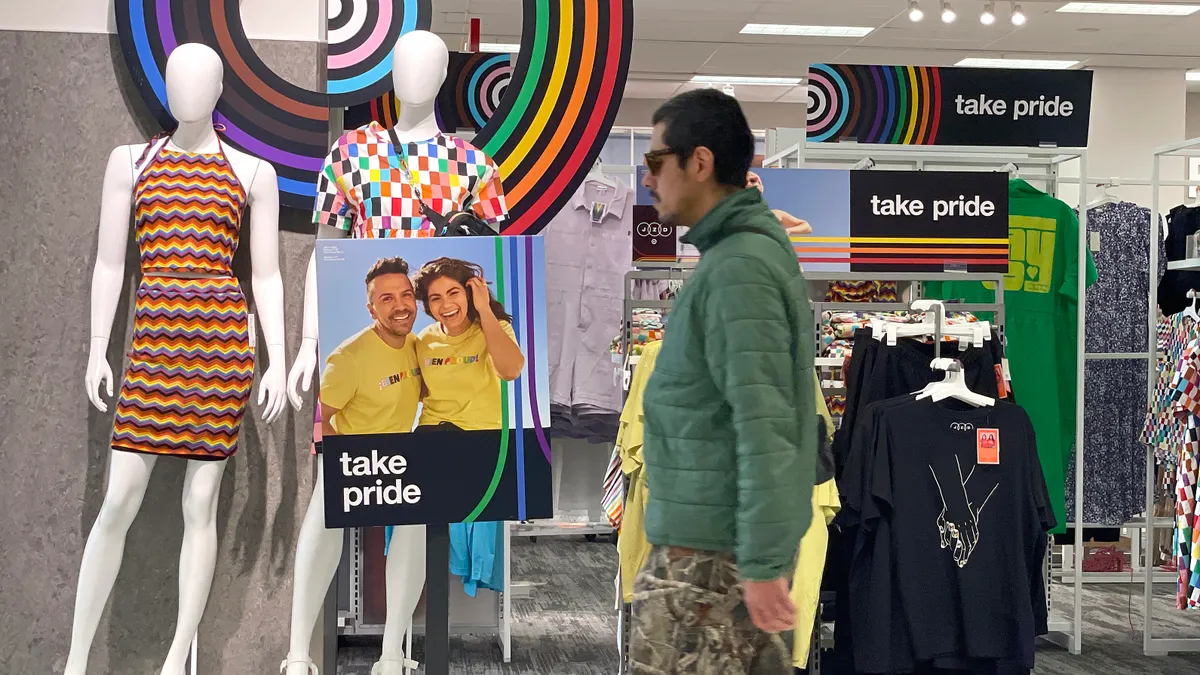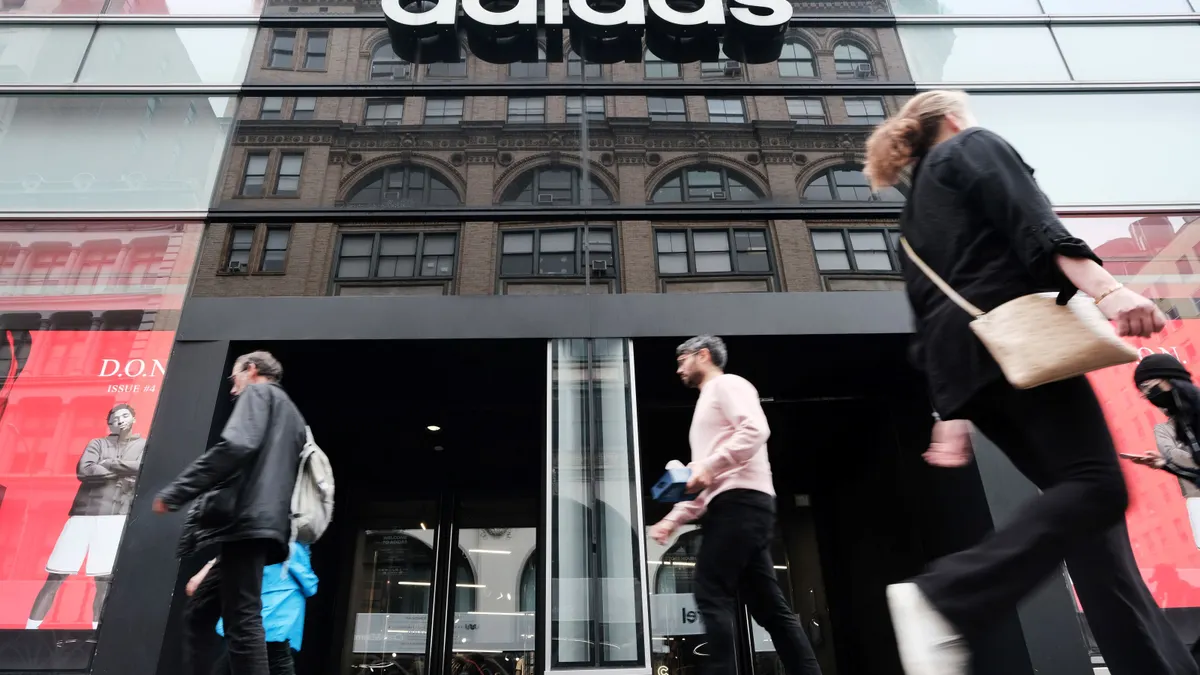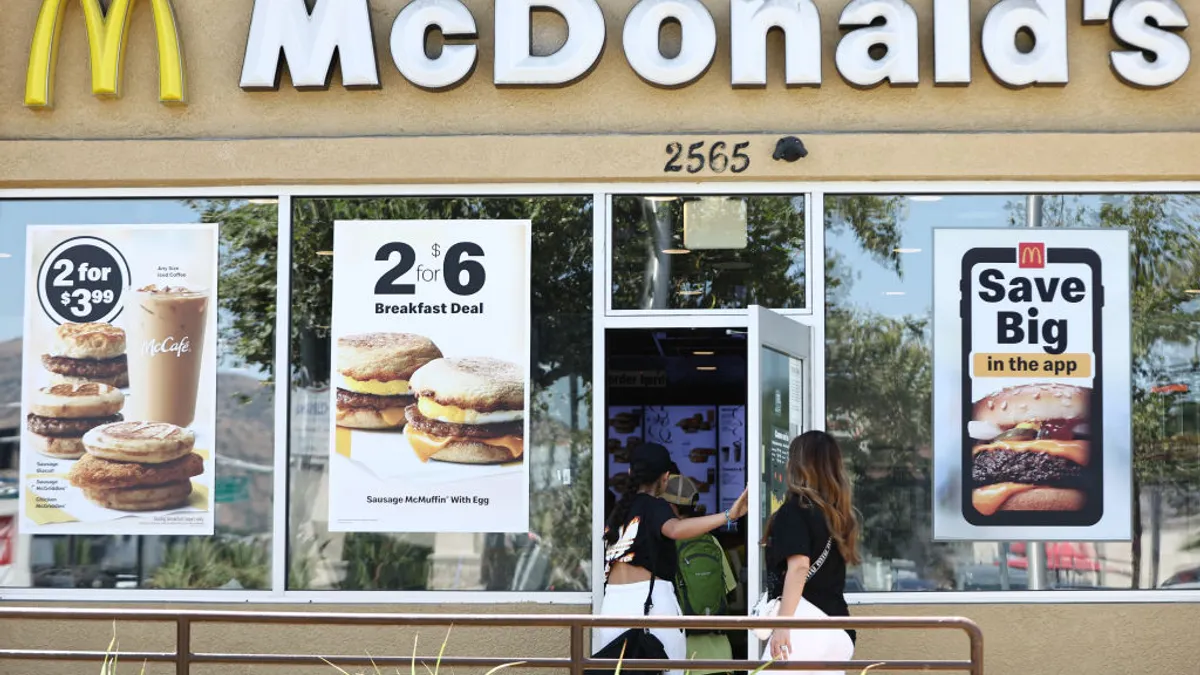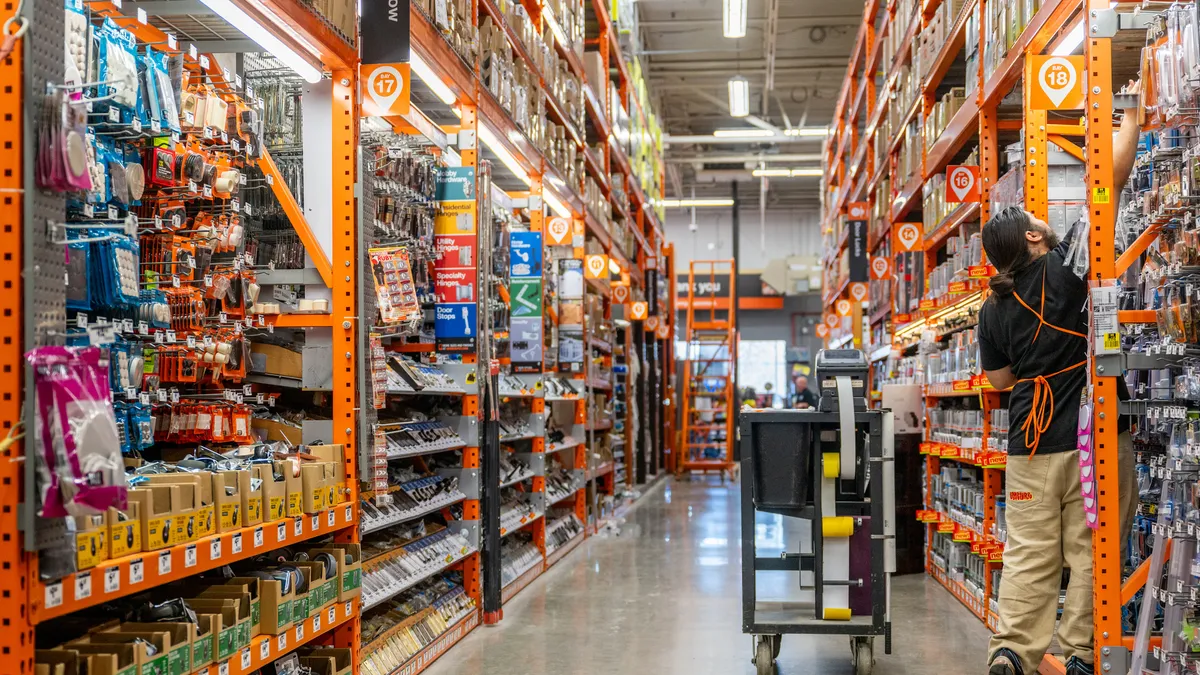Target is facing a boycott over its controversial decision to abandon its diversity, equity and inclusion program while simultaneously fending off legal challenges to its DEI and environmental, social and governance initiatives.
“We've got to tell corporate America that there's a consequence for turning their back on diversity," Bishop Reginald Jackson told USA Today in February. “So let us send the message that if corporate America can't stand with us, we're not going to stand with corporate America.”
Other major corporations, including Ford Motor Co., Google and Walmart, have backed away from DEI initiatives in recent months amid legal and political pressure from conservatives and some investors.
The trend accelerated in January after President Donald Trump signed three executive orders targeting DEI policies, including one aimed at businesses. It directs all federal agencies “to combat illegal private-sector DEI preferences, mandates, policies, programs, and activities.”
However, businesses must be cautious about breaking promises related to DEI, environmental sustainability, fair labor practices and other corporate social responsibility initiatives because it can have a long-term, negative impact on trust — and the bottom line, experts said.
When brands retreat from environmental and social goals, consumers often view it as “performative or manipulative,” said Janelle James, U.S. head of cultural intelligence at market research firm Ipsos.
Target saw a dip in foot traffic in February from the previous year, according to Placer.ai, but the retailer attributed it to cold weather and declining consumer confidence. The full impact of the 40-day boycott, which is set to end on April 17, remains to be seen.
Broken promises hurt the bottom line
Just over half of U.S. adults — 52% — say if a corporation takes a stand, it should stick by its decision, even if it makes some consumers angry, according to the latest Ipsos Consumer Tracker survey.
“Breaking promises rarely yields positive results,” James said. While there’s a lack of current data on how brands who broke environmental and social promises are performing, qualitatively, “consumer feedback from research, brand tracking sentiment and online conversations are typically negative and damaging.”
Broken promises can significantly reduce consumers’ sense of belonging, control and fair treatment, said Christine Dworkin, vice president of customer experience at Ipsos.
“When customers lack a sense of belonging, they feel excluded, not accepted and not understood,” Dworkin said. “Without belonging, customers feel that the brand is colder and more distant from them, and they will look elsewhere for a brand that is a better fit.”
Customer lifetime value can drop precipitously when a customer feels less emotionally attached to a brand, with a 60% decline in brand preference, 90% reduction in likelihood to recommend and 40% drop in likelihood to continue using the brand, according to Ipsos research.
There’s also the business case for social and environmental initiatives. While not every broken promise will lead to a boycott, like in Target’s case, there are financial gains in providing value for stakeholders ― that is, customers, employees, suppliers and their communities.
Over 10 years, companies in the S&P 500 index that delivered high stakeholder and financial value delivered significantly higher returns to shareholders — 338% — compared with those that only delivered high financial returns — 239% — according to consultancy Bain & Company.
Additionally, in 2023, businesses with metrics that align their business practices with their corporate purpose had a 32% higher median revenue and 45% higher median pre-tax profit, according to a 2024 report by Chief Executives for Corporate Purpose.
Hard to rebuild trust
It takes far longer to rebuild consumer trust than it does to break it, experts say.
That’s why “businesses need to think longer term than politicians in some ways,” said Andrea Wood, president and CEO of the Association of Corporate Citizenship Professionals.
“Don’t be reactionary,” Wood said. “Our members are taking time to listen to their stakeholders very carefully before they make shifts in corporate social responsibility work.”
Businesses need to balance the needs of consumers, employees, investors and their communities amid a wide range of financial, legal and political challenges, National Consumers League CEO Sally Greenberg said.
“Companies are making a lot of different calculations,” Greenberg said. “It’s tough.”
Most companies plan to continue their corporate social responsibility work, despite a challenging environment. A recent survey of Association of Corporate Citizenship Professionals members found that nearly 90% planned to continue their work.
However, many organizations will change how they communicate about their corporate social responsibility efforts, Wood said.
“That’s a direct result of the environment we’re in,” Wood said.
Stakeholders, including investors and politicians, often don’t understand that DEI, ESG and other initiatives improve business performance. Some organizations will make a concerted effort to communicate how those policies and programs contribute to the bottom line. Others, meanwhile, will continue their work but may not talk about it “as much externally as they have in the past,” Wood said.
While companies may need to change their DEI and other corporate social responsibility programs to abide by the law, they should clearly communicate those changes to the public, even if they receive pushback, NCL’s Greenberg said.
Her advice is simple: “Don’t lie to people.”
Editor's Note: This article previously appeared under the headline "How broken governance promises hurt trust — and the bottom line."



















